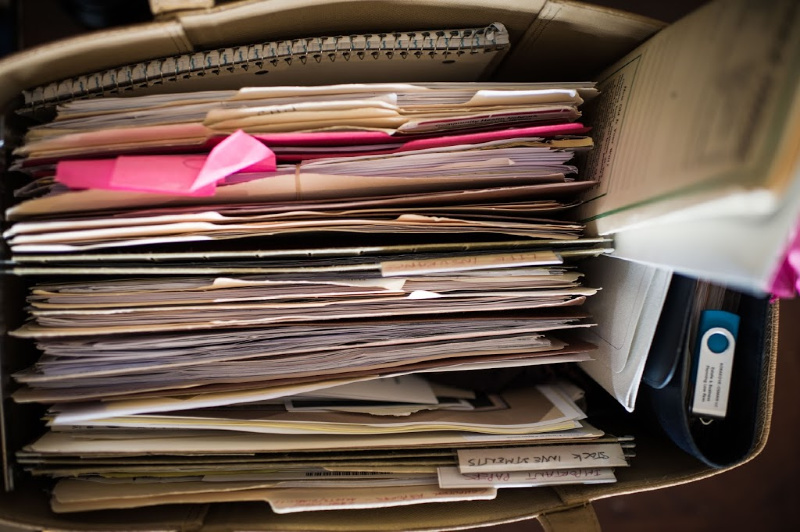What Info Do You Need In An Emergency?
What information do people need to access in emergency situations?
A trip to the ER may require:
List of allergies, current medications, medical history, doctor contacts, family contacts, insurance information, photo identification.
A fire or natural disaster may require:
Identification documents, insurance documents, proof of ownership (such as deeds or titles), access to bank accounts for emergency cash, pet location information, medical information and family contact information.
So where do you keep this information? Is it accessible and is it secure?
For many people, personal information is kept on their Personal Computer, scattered among different websites or in Paper files. Unless you’re extremely organized, in an emergency, the exact information you are looking to grab may be an impossible task.
Even if you are organized and could locate the exact information when needed, is it safe? In the event of a natural disaster or fire, would you have time to access your computer or files?
We’ve made a list of the top places to store your information. What you need to consider is what’s most important to you;
- Is accessibility your top concern?
- Is safety (from hackers or destruction) your biggest concern?
- What about the ease and convenience for saving information?
- And how would you share this information if someone else needed it for your benefit? (i.e. advance directives etc)
Here are the best storage and back-up options. We’ve ranked them based on a few simple pros and cons.
#4 Copy your personal information to a CD or DVD
| Pro | Con |
| Easy to copy or transfer information | Technology may become outdated. Some devices no longer include a drive for a CD |
| Limited storage per disc | |
| Disc should be stored off-site for protection from fire or other disasters (such as safe deposit box*) | |
| Disc could become damaged or unreadable |
#3 Use a Flash (USB) Drive
| Pro | Con |
| Easy to copy or transfer information | More expensive than CD or DVD |
| Limited storage per drive | |
| Drive should be stored off-site for protection from fire or other disasters (such as safe deposit box*) | |
| USB is small and could become lost or damaged |
#2 External or Portable drives
| Pro | Con |
| Easy to copy or transfer information | Expensive |
| Device itself is less susceptible to damage | Drive has potential of failure |
| You can schedule back-ups easily | Should be stored off-site* for protection from fire or other disasters |
#1 Cloud Storage
| Pro | Con |
| Inexpensive | Must have internet connection or access files. |
| Data is secure in a remote location | |
| Easily accessible (with internet connection) | |
| Secure (Data is encrypted while at rest and during transmission.) |
*If accessibility is important to you, options #4, 3, and 2 may not be the best option for you.
Experts agree that any steps you can take to protect your information while keeping access to it is critical. And in todays digital world, there are may options available to you. Decide what method is best for you.
My Life and Wishes is the best place to organize, store and have 24/7 access to your most important information. Click here to see what you get>>
For more tips and home practices to keep your information safe click here Read more>>
